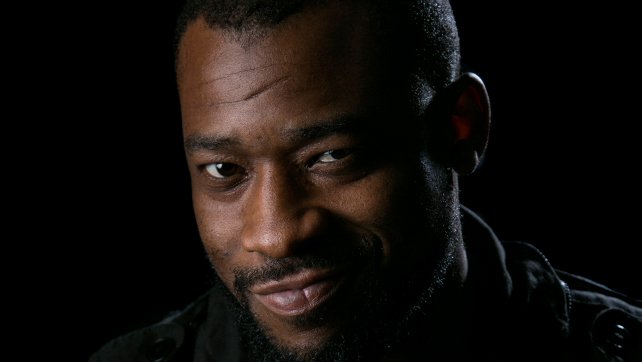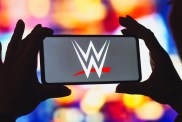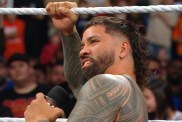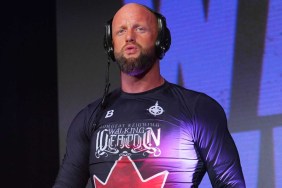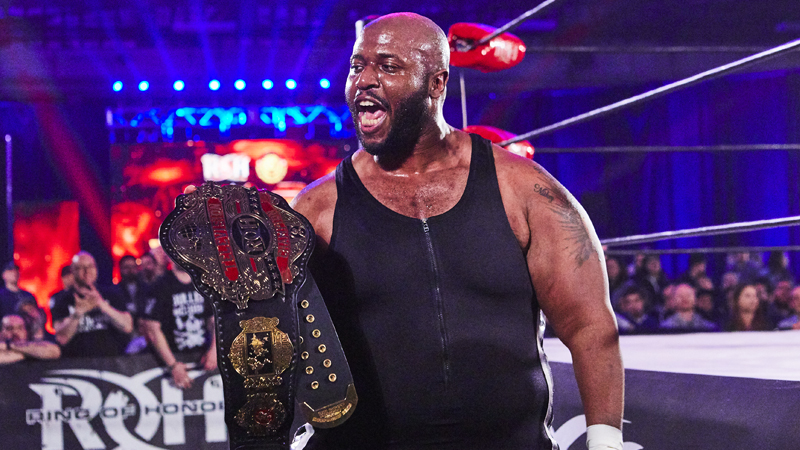
Recently, talks about systemic racism as it pertains to professional wrestling have ramped-up on social media and other platforms. Speaking with Forbes, Ring of Honor stars Kenny King & Shane Taylor open up about what has bothered them over the years as African American wrestlers in the industry.
When asked if, due to limited airtime given to black wrestlers, they become territorial of their spots in promotions, both men agreed it was circumstantial, with Shane Taylor saying that it changes by generation.
Kenny King: Not necessarily. When they first paired me and MVP together (in IMPACT Wrestling)—and that wasn’t necessarily because it was a black talent—I just felt like, initially, I felt like our gimmicks and our styles were too similar to work together and it ended up being fantastic. But you know, it’s just one of those things where I always you know, when I see somebody trying out or I see somebody getting a look, I always mentor or at least open my arms because like I said, I know if you’re there, I know what you went through.
Shane Taylor: I think it 100% depends on the individual person as to how they feel about it. A lot of that changes based on generation, and as we’re seeing more and more, it seems some of the old-school cats kind of feel that way. Whereas myself and Kenny, you know, once I first got to ROH Kenny was one of the first people to pull me aside and say ‘You know what? Let me show you how to avoid these landmines. And let me show you how to avoid this, this and that. One of the first ones to always come and offer advice or give you a foot in the behind if you need it. So it depends on the person, you know what I mean?
Both men would also address the stereotypical gimmicks given to African American wrestlers, with Kenny King specifically referencing Triple H and the type of character he gets to play in the ring.
Shane Taylor: The cookie-cutter black stereotype characters for me should have been done in the eighties. Like, it’s only proof that those at the top continue to be willfully ignorant of what’s going on. Because if you have more people at the top in creative, in marketing that were aware of different cultures and things of that sort, you would be able to then find unique things with your talent that make them different than everybody else you have on your roster. You’ll be able to bring those personalities out of them.
Because, while being black is roughly the same everywhere, all black people aren’t the same. So if you grew up in Houston, you’re not going to do the same thing as someone grew up in Cleveland like myself. If you grew up in Vegas, you’re not going to be like a dude from Philly. Like it’s just not one blanket statement and everybody else walking like us, talking like us, you know, moving like us, doing the things that we do, it continues to be this case of, okay, we love the culture. We love your athleticism. We love the way you dance. And we love the way you do.
We just don’t love the package that it comes in.
Kenny King: They write us as pimps or as shaman, bogeyman, all this other nonsense. Triple H gets to be The Game. He gets to be the cerebral assassin. He gets to be all of these things. And the emotional attachment is what you need to believe in a world champion. So you have to care about someone’s world, someone’s wellbeing, in order for you to get that push.
It’s all about how we’re being represented and the people who are literally just kind of pulling the trigger.
Shane Taylor: And it’s this weird catch 22 that the black fan is caught in. Because they’ve been sort of disenfranchised for so long that it’s hard for them to believe that there’s going to be a change. So it makes [mainstream wrestling promotions] hesitate to support someone.
If you would like to view the full interview, click here.
